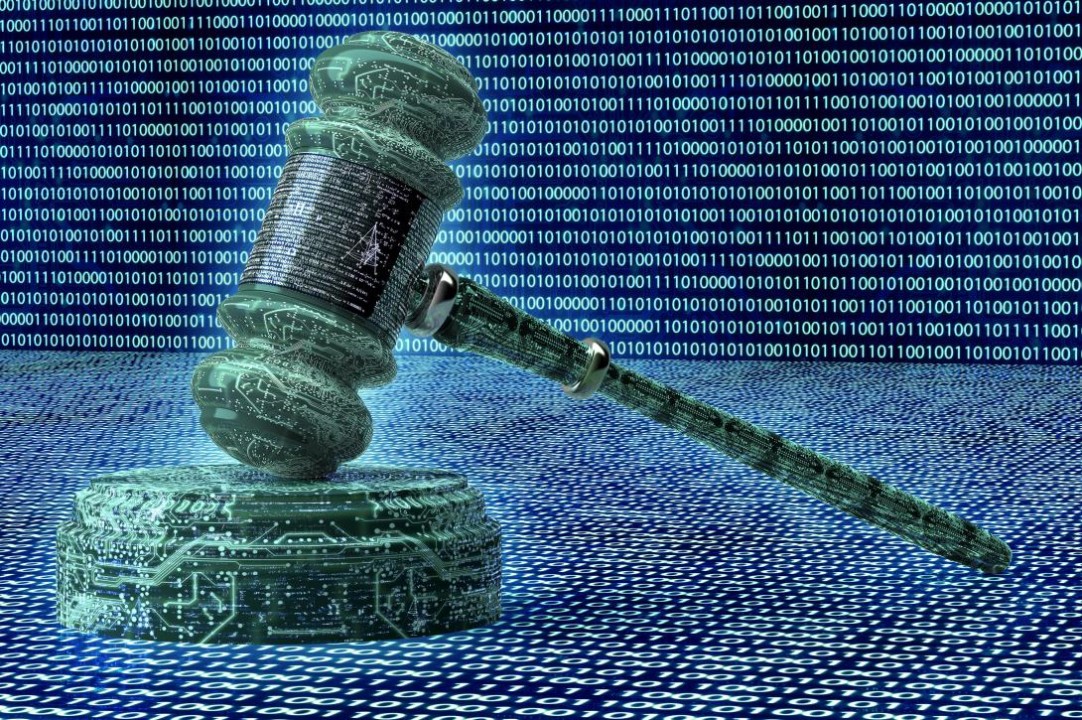Cyber Crime
Hackers Strike Calcutta High Court’s YouTube Stream with Obscene Video
A shocking cybersecurity breach disrupted the live-stream of the Calcutta High Court on Monday when hackers played obscene content during a court session. The court’s IT team acted swiftly to stop the stream, which resumed under tighter controls.

On Monday, the Calcutta High Court faced an unprecedented cybersecurity breach during a live-streamed session in courtroom number 7, presided over by Justice Subhendu Samanta. As part of a transparency initiative, the court was streaming the session on YouTube, making judicial proceedings accessible to the public. However, the broadcast took a disturbing turn when hackers interrupted the live feed with obscene content, shocking viewers and court personnel alike.
The inappropriate video clip was displayed on the live stream for about a minute before the court’s IT team managed to remove it. Following this unexpected disruption, the live stream was promptly halted. The court resumed the broadcast later under a new link to prevent further security breaches.
This cyber incident occurred during the court’s vacation period, a time when fewer IT staff were available, complicating the immediate response. In light of this, the court’s IT cell has launched a comprehensive investigation and filed an official complaint with the Kolkata Police’s cybercrime department to track down those responsible.
Unfortunately, this incident is not isolated; there have been several similar cyber-attacks on judicial live streams across India. Just last month, the Supreme Court’s YouTube channel was compromised, leading to unauthorized cryptocurrency promotions being displayed instead of official court proceedings.
The Supreme Court’s move to live-stream significant cases, which began after a landmark 2018 decision, aimed to enhance transparency in the judiciary. The first major live-streamed case involved the Economically Weaker Sections (EWS) quota in 2022. However, these recent incidents are prompting a review of security protocols on the digital platforms used for live-streaming court sessions, ensuring that the judiciary’s steps toward openness are not undermined by cybersecurity threats.
